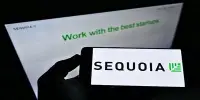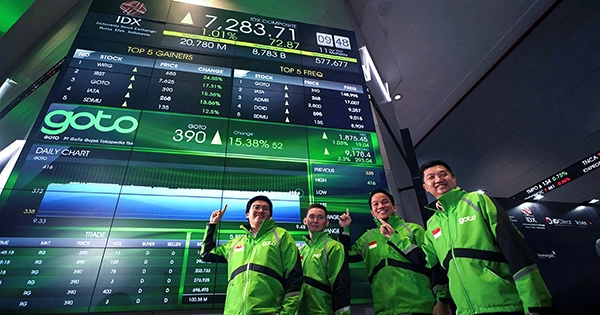In order to keep on top of the ongoing chip scarcity, Bosch is boosting its previously declared investment in semiconductor production. Bosch is investing an additional $296 million in new manufacturing facilities, on top of the $473 million it committed to spend in 2022 last year. The majority of last year’s funds went to Bosch’s new 300-millimeter wafer fabrication facility in Dresden, with around $57 million set aside for Reutlingen, near Stuttgart, where the company began production in December.
Between now and 2025, almost all of the new funding will go to Reutlingen, where it will be used to build new production space and a total of 44,000 square meters of modern cleanroom space, in response to rising demand for semiconductors and micro electro-mechanical systems (MEMS) sensors in both the automotive and consumer electronics markets. In a statement, Markus Heyn, member of Bosch’s board of management and head of the Mobility Solutions business unit, said, “Bosch is already a top semiconductor maker for automotive applications.” “And we plan to consolidate this position.”
(Cleanrooms are specially designed and enclosed spaces that allow for precise control of airborne particles, temperature, lighting, noise, air pressure, and other environmental conditions.) Due to the fact that Bosch’s semiconductors, like many others, are built of silicon carbide, the production process necessitates immaculate clarity — silicon is found in sand and must be refined before being employed in manufacture. This is a highly accurate operation that can be completely thrown off if even a particle of dust lands on the chip at the wrong time.)
In a statement, Bosch Chairman of the Board of Management Dr. Stefan Hartung remarked, “We are systematically growing our semiconductor manufacturing capacity in Reutlingen.” “Not only will this new investment boost our competitive position, but it will also assist our customers and help tackle the semiconductor supply chain issue.” The Reutlingen wafer fabs will create 6- and 8-inch wafers; 6-inch wafers aren’t as popular as 8-inch or 12-inch wafers now, but the technology can lower the cost of semiconductor products like as LEDs and sensors. Since 2019, there has been a shortage of 8-inch wafers, which are mostly utilized in sensors, microcontrollers, and wireless communication chips.
According to Bosch, the development of Reutlingen will meet the increased demand for MEMs in the automotive and consumer electronics industries, as well as silicon-carbide power semiconductors. More 12-inch silicon chips will be produced at Bosch’s Dresden factory, which are utilized to make high-performance devices including CPUs, logic ICs, and memory.
“AI technologies paired with connectivity have assisted us in achieving continuous, data-driven improvement in production and, as a result, producing better and better chips,” Heyn added. “This includes the creation of software that allows for automatic defect classification. AI is also being used by Bosch to improve material flow. This state-of-the-art production environment in Reutlingen, with its high level of automation, will ensure the plant’s future and the jobs of its employees.” In addition, Bosch intends to expand an existing power supply plant by constructing a new building for media supply systems. The new production area is expected to open in 2025.















